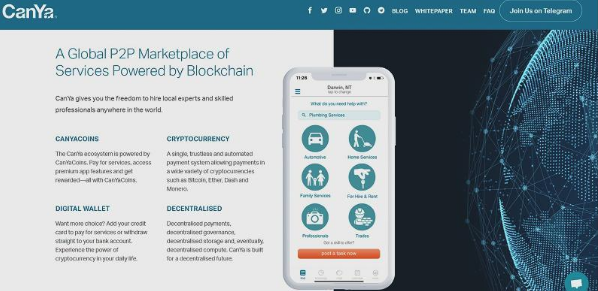There are three factors; trust, acceptability in the marketplace, and understanding.
Of these three trust and market acceptance are the most important. Understanding is in there, but few users understand for fiat currencies work, so most will accept crypto once its trust is widely accepted, and when they can buy a drink in the pub or their shopping bill with it.
How Can CryptoCurrencies Gain Trust?
Three groups need to trust crypto as much as they trust fiat currencies:
1. Spenders
2. Sellers
3. Governments
Spenders – anyone spending virtual money already believes in the concept enough to buy in.
Sellers – sellers want to know they are being paid with currency they can use to spend or pay their bills.
Governments – any government has three concerns; its ability to tax crypto, its effect on their own fiat currency, and its potential use by terrorists.
Crypto is growing, and there is no way to stop it, though the Chinese government has tried. Everyone opening a crypto account must now link it to a bank account if they want to accept more than token amounts of crypto coins. This opens up any crypto deposits to tax authorities’ oversight, removing the objection that having a bitcoin account is stealing from the tax man and that it is funding terrorism. Crime-fighting technology is catching up with the blockchain and can increasingly identify suspicious transactions.
Virtual currencies may affect national currencies, and governments will try to slow down the crypto revolution, but the movement to cryptocurrency is unstoppable, despite the propaganda put out by national central banks.
When Will Crypto Be Usable in Pubs and Supermarkets?
When will people start using cryptocurrencies for everyday transactions?
They already are.
You can get a debit card denominated in euro, US dollars or sterling from a company like Xapo. You deposit a cryptocurrency such as Bitcoin, and then use your card everywhere you can use any other debit card. The retailer isn’t even aware you are using a crypto-linked card, so trust never enters into the equation.
Enter Canya – A New Cryptocurrency with a Working Marketplace
You can spend Bitcoin or Ethereum by buying a debit card, but you can’t yet pay your bills with the cryptocurrency of your choice. That is all changing with CanYaCoin.

Banks and payment services charge exorbitant fees to transfer one fiat currency to another. You can lose 5-10% on any exchange deal. Freelancers who are paid in US dollars have to change them into Australian dollars, Euro or Pounds to have money they can use. US dollars are the de facto international currency of the Internet, but you can’t use them in supermarkets in Ireland, the UK or Australia.
Freelancers love virtual currencies because there is no need to exchange them for fiat.
Canya has taken the concept of the crypto debit card one stage further. There is a virtual marketplace of thousands of service providers and buyers already.
Gig Economy Disruption
The gig economy is currently centralised in marketplaces like Fiverr and Upwork. There are many problems with these platforms, not least of which is the 20% fee they charge. There are often fees to withdraw earnings and the horrendous exchange rates to convert the ubiquitous US dollar into spendable currency in Latvia, India or South Africa.
Canya has a 1% transaction fee. There is also a free escrow system, so buyers and sellers both know they will get a fair deal. If there is a dispute, Canya has an inbuilt resolution system with independent arbitration.
The freelancing sites will disappear within a few years. They have been ripping off gig workers ever since the inception of the gig economy, but once gig buyers start to use CanYa, they will be unable to compete.
The Summary Version
Gig workers have had a poor deal for many years, with freelance platforms taking 20% of their earnings.
Canya offers gig workers a better option than Upwork and Fiverr. Its charges are $1 per $100 earned instead of $20 per $100 and include free escrow for every payment. CanYa workers can ask for payment in their national currency and avoid exchange rate losses.
The Canya marketplace is driven by cryptocurrency but requires zero crypto investment or knowledge to use it, making it ideal for gig workers who rarely have funds to invest.






